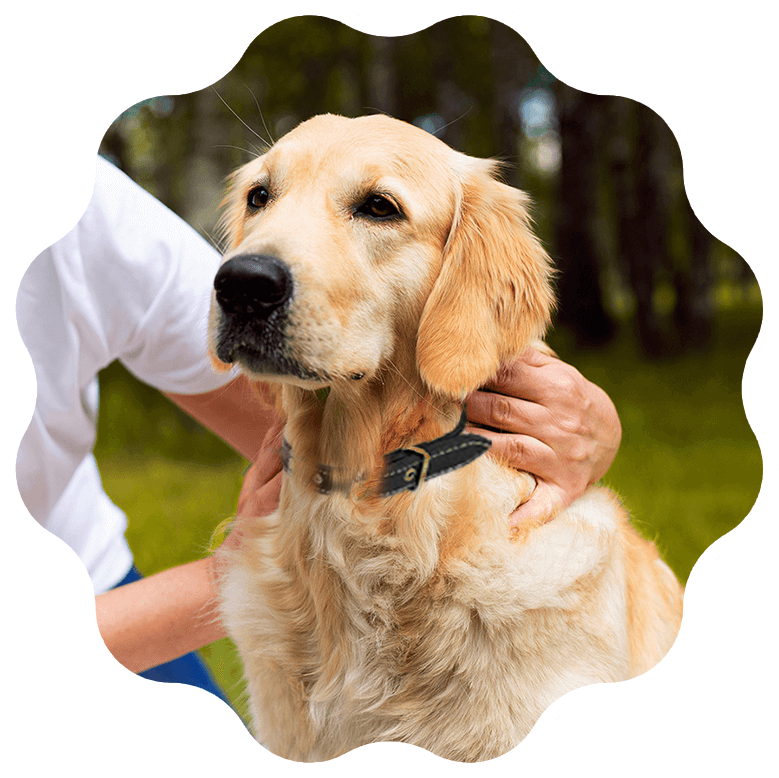Blitz News Digest
Stay updated with the latest trends and insights.
Golden Years, Silver Whiskers: Caring for Your Senior Pet
Unlock the secrets to a happy, healthy life for your senior pet with expert tips and heartwarming stories!
Understanding the Unique Needs of Senior Pets: A Comprehensive Guide
As pets age, their needs evolve significantly, making it crucial for pet owners to understand the unique needs of senior pets. These needs can manifest in various ways, including dietary adjustments, increased medical attention, and altered exercise routines. For example, senior pets may benefit from specialized diets that cater to their lower energy levels and are easier to digest. Additionally, regular veterinary check-ups become even more important as older pets are more susceptible to chronic conditions such as arthritis, kidney disease, and dental issues.
Moreover, the emotional and mental health of senior pets also requires attention. Many older pets may experience anxiety or confusion due to changes in their environment or health status. Therefore, creating a stable and comfortable environment is vital. Pet owners should also consider enrichment activities that focus on mental stimulation, such as interactive toys or gentle training sessions, to keep their senior pets engaged and happy. Understanding these aspects ensures that the golden years of a pet’s life are filled with comfort, love, and joy.

Top Tips for Keeping Your Aging Pet Comfortable and Happy
As pets age, they may require more care and attention to keep them comfortable and happy. One of the top tips is to maintain a consistent routine. Older pets benefit from regular feeding, walking, and playtime schedules, as this predictability can reduce anxiety and help them feel secure. Additionally, consider modifying their living environment to ensure safe access. This might include providing ramps for easier mobility, using non-slip mats, and creating cozy resting spots where they can relax without navigating obstacles.
Another crucial tip is to pay close attention to their dietary needs. Older pets often require a specialized diet that supports their health and energy levels. Consult with your veterinarian to find the best food options that cater to their age, breed, and health condition. Moreover, keep an eye out for any signs of discomfort or pain; investing in soft bedding and orthopedic pet beds can significantly enhance their quality of life. Regular veterinary check-ups are also essential to monitor their health and make necessary adjustments. By implementing these tips, you can ensure your aging pet remains as comfortable and happy as possible.
How to Recognize Common Health Issues in Senior Animals
As our beloved pets age, they may develop various health issues that require our attention. Recognizing common health issues in senior animals is essential for early intervention and ensuring a good quality of life. Some signs to watch for include changes in appetite, weight loss, and altered behavior. If your pet is hesitant to engage in activities they once enjoyed, or if they experience increased sleeping, these could be indicators of underlying health problems. Regular veterinary check-ups are crucial as they can help identify conditions like arthritis, dental disease, or kidney issues before they become serious.
Another effective way to monitor your senior animal's health is by observing their mobility and grooming habits. Common health issues such as joint pain or diminished vision can significantly impact their ability to navigate and maintain their coat. Additionally, look for signs of discomfort, such as limping or difficulty getting up. Changes in bathroom habits, including increased thirst or frequency of urination, may suggest conditions like diabetes or urinary tract infections. By staying vigilant and proactive, you can help your senior pet live a longer, healthier life.